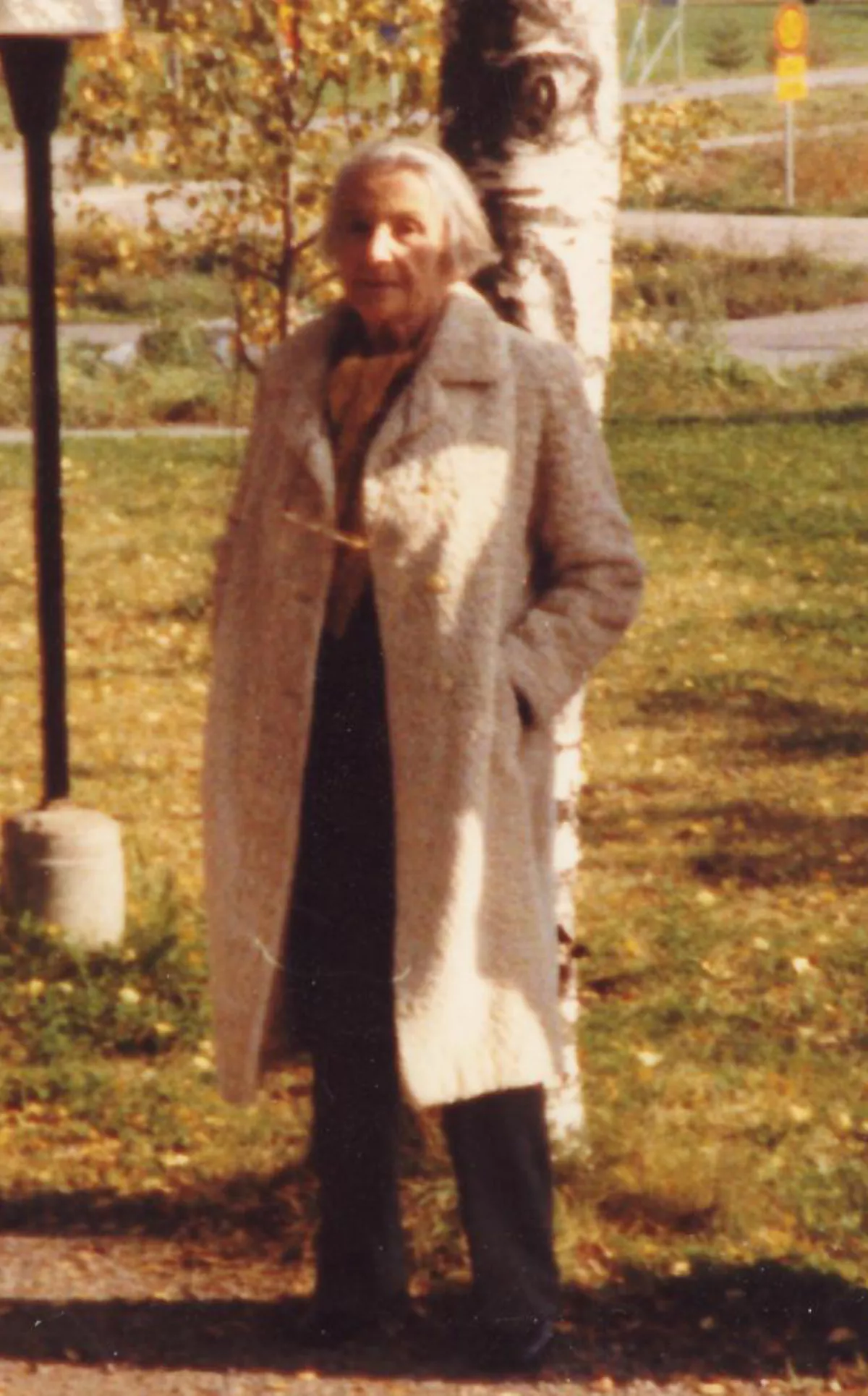 1.
1. Nathalie Sarraute was nominated in 1969 for the Nobel Prize in Literature by Nobel Committee member Lars Gyllensten.

 1.
1. Nathalie Sarraute was nominated in 1969 for the Nobel Prize in Literature by Nobel Committee member Lars Gyllensten.
Nathalie Sarraute was the daughter of Pauline, a writer, and Ilya Tcherniak, a chemist.
Nathalie Sarraute studied law and literature at the prestigious Sorbonne, having a particular fondness for contemporary literature and the works of Marcel Proust and Virginia Woolf, who greatly affected her conception of the novel, then later studied history at the University of Oxford and sociology in Berlin, before passing the French bar exam and becoming a lawyer.
In 1941, Nathalie Sarraute was barred from working as a lawyer as a result of the Vichy regime's antisemitic laws.
Nathalie Sarraute died at the age of 99 in 1999 in Paris, France.
Nathalie Sarraute dedicated herself to literature, with her most prominent work being Portrait of a Man Unknown, a work applauded by Jean-Paul Sartre, who famously referred to it as an "anti-novel" and who contributed a foreword.
Nathalie Sarraute became, along with Robbe-Grillet, Claude Simon, Marguerite Duras, and Michel Butor, one of the figures most associated with the rise of this new trend in writing, which sought to radically transform traditional narrative models of character and plot.
Nathalie Sarraute was awarded the Prix international de litterature for her novel The Golden Fruits in 1963, which led to greater popularity and exposure for the author.
That same year, Nathalie Sarraute began working as a dramatist, authoring a total of six plays, including Le Silence, Le Mensonge and Elle est la.
Nathalie Sarraute's work, including the novels Between Life and Death, The Use of Speech and You Don't Love Yourself, have been translated into more than 30 languages.
Nathalie Sarraute's work has often been referred to as "difficult," as a result of her experimental style and abandonment of traditional literary conventions.
Nathalie Sarraute celebrated the death of the literary "character" and placed her primary emphasis on the creation of a faithful depiction of psychological phenomena, as in her novella The Golden Fruits, consisting entirely of interior monologues, and the novel The Planetarium, which focuses on a young man's obsession with moving into his aunt's apartment.
The constantly shifting perspectives and points of view in Nathalie Sarraute's work serve to undermine the author's hand, while at the same time embracing the incoherence of lived experience.
The issues with memory which Nathalie Sarraute highlighted in her autobiography carried through to her last novel, Here, published in 1995, in which the author explores a range of existential issues relating to the formlessness of both individual and social reality.